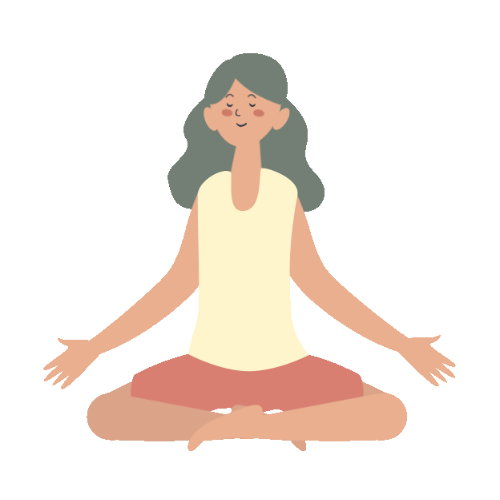Get Comfortable with Solitude: Advice for Writers
As writers, I guess you could say that we’re idea people. No matter what, we have to show up everyday, sometimes crossing our fingers and toes with the desire that something of quality will weave its way onto the page. However, the distractions of everyday life can easily bog us down, especially when we have a deadline or a personal project that requires our attention. The weight of the imaginary world we create can be overwhelming at times. We may find ourselves going down a creative rabbit hole, getting lost in our own thoughts, and struggling to put words down. But we’ve got to show up, cut the crap, and kick those distractions in the butt. And a key way to do just that is by getting comfortable with solitude.
We're now living in a world that has become all too familiar with this lonely quality of life due to the COVID-19 pandemic. Some people found this time to be draining on their personal life and mental wellbeing due to the lack of essential human connection. However, as history has shown, humans are resilient and have the remarkable ability to adapt. Remote work has become the new norm for many, and we have developed mechanisms to navigate this new reality and maintain our mental wellbeing.
Solitude may take some getting used to if we are not accustomed to it. However, with time, we can adapt and leverage the solitary workspace to our advantage as writers. It’s in this space where much of our creativity lies, and solitude can take many forms.
Physical Solitude: Creating a physical atmosphere - be it your home, or an office, or a retreat away from all human connection, establishes an environment to be alone with your thoughts for as long as you need. You might even find that a local coffee shop serves as your ideal writing spot (headphones are highly recommended for blocking out distractions).This is where you can give yourself the freedom to get lost in the work and follow your creative flow without interruption.
Mental solitude: When it comes to showing up for the job as a writer, it's important to also show up for yourself. One way to do that is by prioritizing clarity of mind. Engaging in meditative or mindful practices can be a helpful way to calm the mind and create a clear space for your creativity to thrive. By taking the time to quiet the noise and focus on the present moment, you can give your mind the space it needs to launch into the creative process with greater ease.
Digital Solitude: Digital solitude can be particularly beneficial for writers in today's technology-driven world. With constant notifications, messages, and distractions, it can be challenging to find quiet and focus. Taking intentional breaks from social media and other forms of digital communication for a few hours can help writers boost their productivity. Moreover, unplugging from the digital realm allows writers to step into the real world and be present in the moment, which can be a source of inspiration. Putting the phone away and giving undivided attention to the world around you can provide a fresh perspective and new ideas for your writing.
The practice of solitude can be highly productive for writers, but it's essential to recognize when it's causing tension or stagnation in your writing. If you hit a wall or feel that your writing has become stale, it's a clear sign that you may need a break.
While solitude can be beneficial for writers, finding a healthy work-life balance is crucial. Take breaks and recharge your batteries to avoid feeling drained and empty. Loneliness can sometimes lead us to a dark place, so it's essential to prioritize self-care and take care of our mental and emotional health. Create a writing routine with designated work hours for yourself. Additionally, taking breaks to go for a walk, have a snack, exercise, take a class, or engage with the community can stimulate your creativity. As social creatures, we need interactions with the world at large to foster our imagination. Creativity is a delicate dance that requires both introspection and interaction with the world around us. When we find that balance, we can create something truly special.










Children’s books inspire magic. That’s why we read them well into our old age. Just like a warm cup of cocoa or a feel-good movie, we cling to the simple elegance of a picture book because of the effortless magic they present no matter how old we may be. As a children’s writer, asking for magic over and over again is a big ask, but that’s the job. So how do you do it?